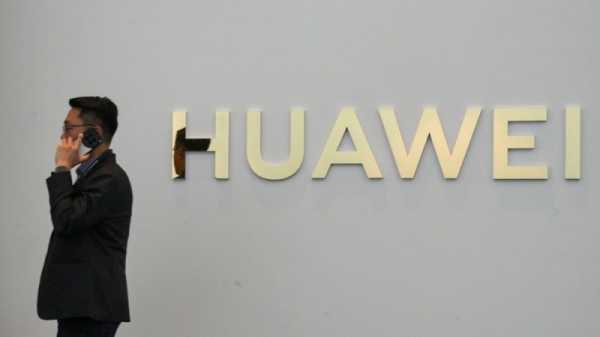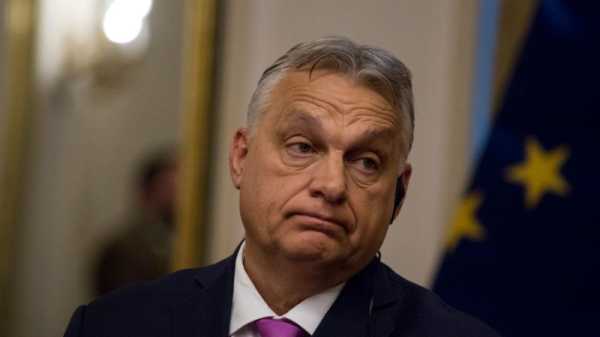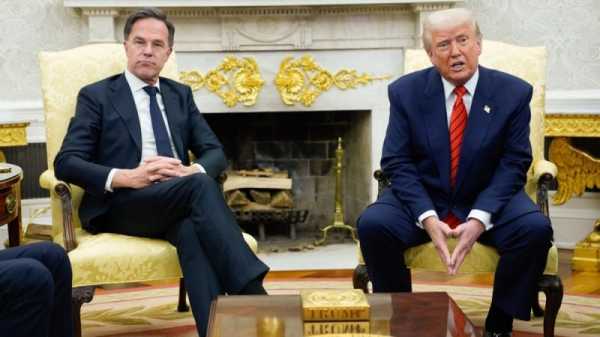
Some of Olaf Scholz's Green colleagues are already accusing him of betrayal, after his trade-off with Emmanuel Macron (Photo: Council of the European Union)
Barely a month since France took over the rotating presidency of the Council of the European Union, and France and Germany are already in dispute over the highly-controversial EU proposal to grant nuclear energy and natural gas a green investment label under the EU taxonomy on sustainable finance rules.
The EU proposal was published on Wednesday (2 February) with only minor edits – despite the internal row it had sparked amongst several member states.
-

Germany has one of the world's strongest anti-nuclear movements – largely focussed on the issue of nuclear waste disposal (Photo: European Community, 2006)
The initial proposal itself had been quietly distributed to EU members on New Year’s Eve – the day Germany closed half of its six nuclear power plants.
If the proposal now passes the EU’s legislative procedures without getting blocked by the commission or the parliament (both unlikely scenarios), it will likely channel billions of euros into the construction of new nuclear power plants across the bloc.
While Germany has voiced its concerns over the viability of nuclear energy, only a handful of countries have joined this opposition, including Austria, Denmark, Luxembourg and Spain – of which Austria and Luxembourg declared they would be willing to take the EU to court over the matter.
The pro-nuclear block, on the other hand, includes France, Bulgaria, Croatia, Czech Republic, Finland, Hungary, Poland, Romania, Slovakia and Slovenia.
During the past weeks France has taken a strong stance in support of nuclear energy with president Emmanuel Macron labelling it as the “sovereign solution”, while Germany has expressly rejected the integration of nuclear power into the green taxonomy.
However, this statement itself only came out after some German Greens accused chancellor Olaf Scholz of betraying their interests with his green label trade-off with Macron: namely, to achieve a green label for natural gas – on which Germany heavily relies – he surrendered to Macron’s demand to grant the same label for nuclear energy.
Thus, Scholz’s reaction to the criticism may simply be an attempt to showcase a unified front to the rest of Europe while his own traffic-light coalition is in the hot seat.
After their success in September’s federal elections, German Greens secured their position as the second-largest party in the current coalition government – making them crucial for the future of the German coalition.
No compromise
And nuclear energy is one of the topics the Greens are not willing to compromise on.
The Greens, born out of the 1980s anti-nuclear protests, were quick to call out the EU over the new energy proposal with the German vice-chancellor and climate minister, Robert Habeck, accusing the EU of “greenwashing”.
But not all coalition members agreed: the vice-chair of the neo-liberal Free Democrats, Wolfgang Kubicki, stated “you’re not a good European if you only accept decisions that suit you”.
Even without shaking up the ranks of the German coalition, the EU’s green taxonomy may be the biggest controversy of Ursula von der Leyen’s presidency of the Commission.
To add insult to injury, to phase out nuclear Germany will need to rely on Russian gas – which is at record high prices. With tensions escalating between the West and Russia over Ukraine, the German foreign minister, again from the Greens, Annalena Baerbock, will soon be in a tough spot.
Germany has been crucial in the construction of the German-Russian gas pipeline Nord Stream 2 which Baerbock has openly criticised. Although the pipeline was only recently completed, last week Germany confirmed that it would not open if Russia invades Ukraine.
Ultimate irony
Thus, considering the possibly insecure nature of gas supply from Russia, Germany may have to rely on French nuclear energy.
With the EU’s integrated energy system – which Macron is eager to expand – Germany could feasibly import nuclear power from France. But having one the most consistent anti-nuclear movements in the world, this would be an unpopular decision in Germany where nuclear energy is regarded as dangerous because of the radioactive waste.
Besides the so-called sovereignty, France’s justification for nuclear power includes lower CO2-emissions, compared with gas. But Germany hopes to use gas as a bridge technology, moving away from more harmful energy sources such as coal and crude oil.
In particular, the German transport sector has been a sticking point, as the only industry failing to curb CO2 emissions since the 1990s.
Decarbonisation of the transport sector will be another trial for the German coalition and renewable biofuels could ease this transition.
A useful case study comes from southeast Asia, where Malaysia has ensured that its biofuel production adheres to stringent environmental regulations under the legally-binding MSPO palm-oil certification scheme.
The upcoming months will show if the German coalition resolves its differences over the EU taxonomy and how to decarbonise its polluting industries at home.
The dispute between France and Germany already comes at a fragile time, with the coalition admitting it will “probably miss its climate targets” for both 2022 and 2023 – a notable political blowback for the Greens.
Ultimately, the German coalition might have no other choice but to reconcile with either France or Russia – a move that could severely hinder its credibility and at worst, jeopardise its future.
Source: euobserver.com



